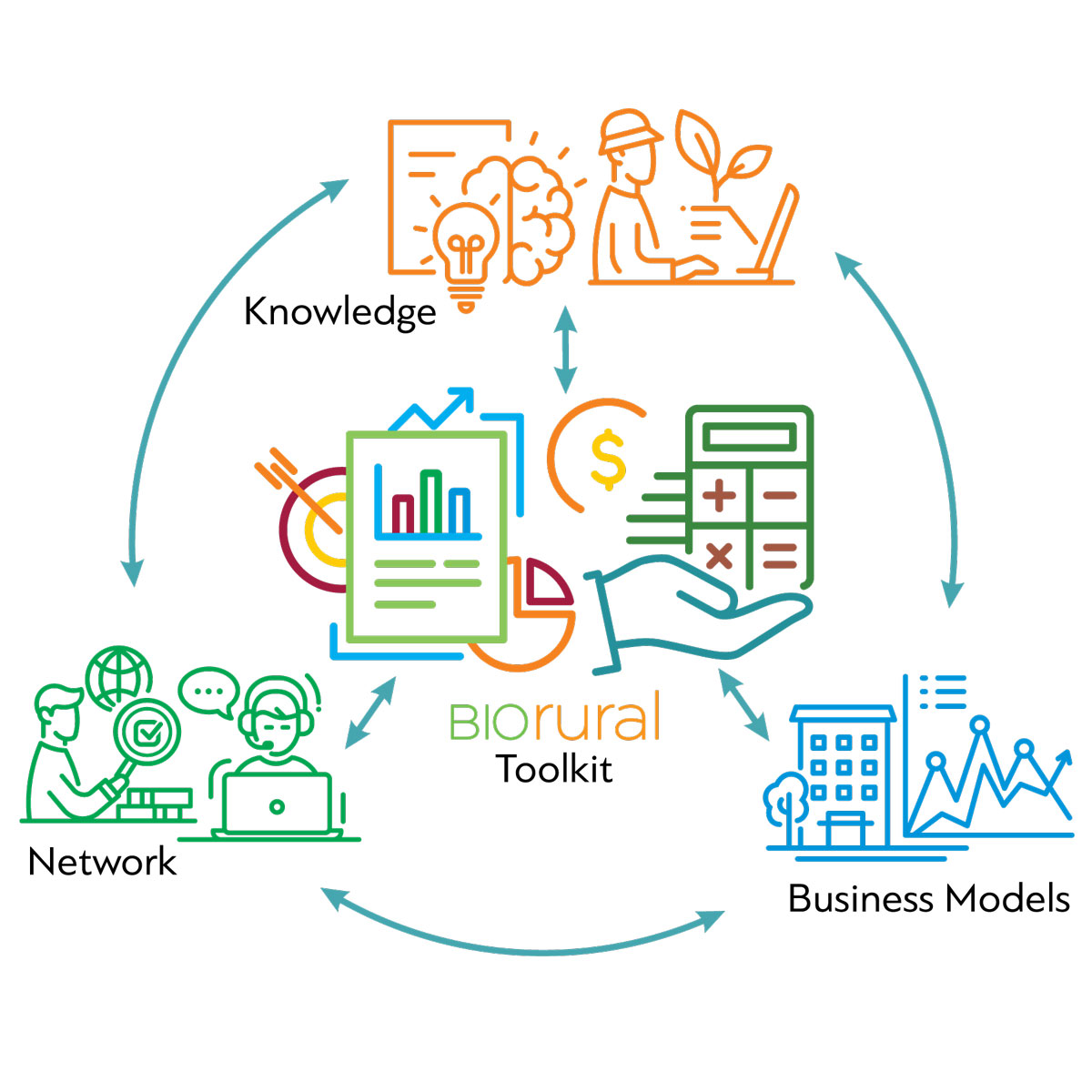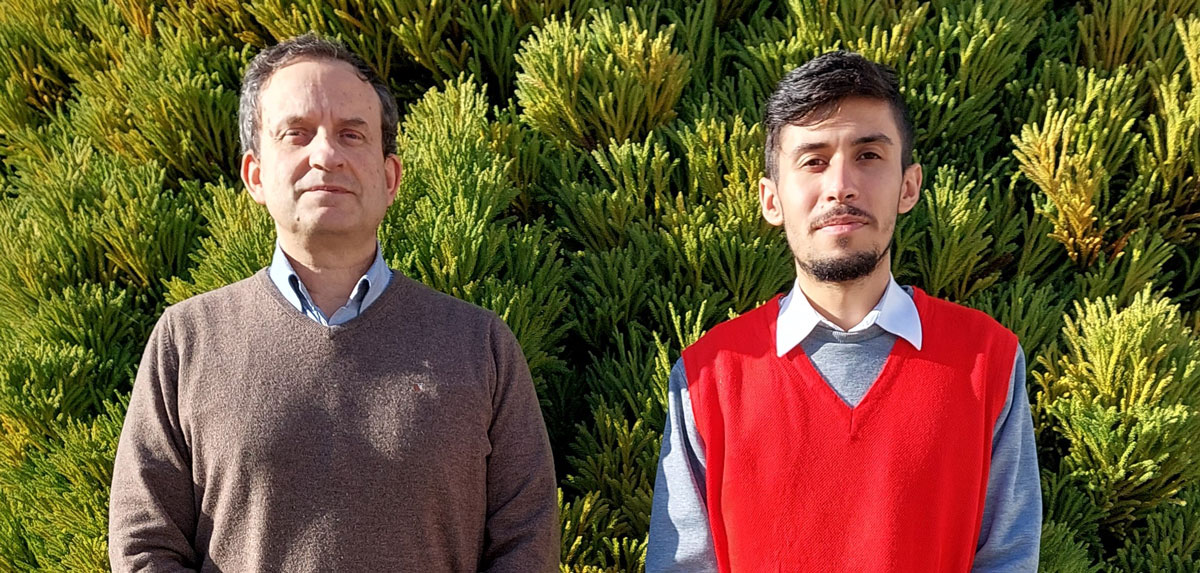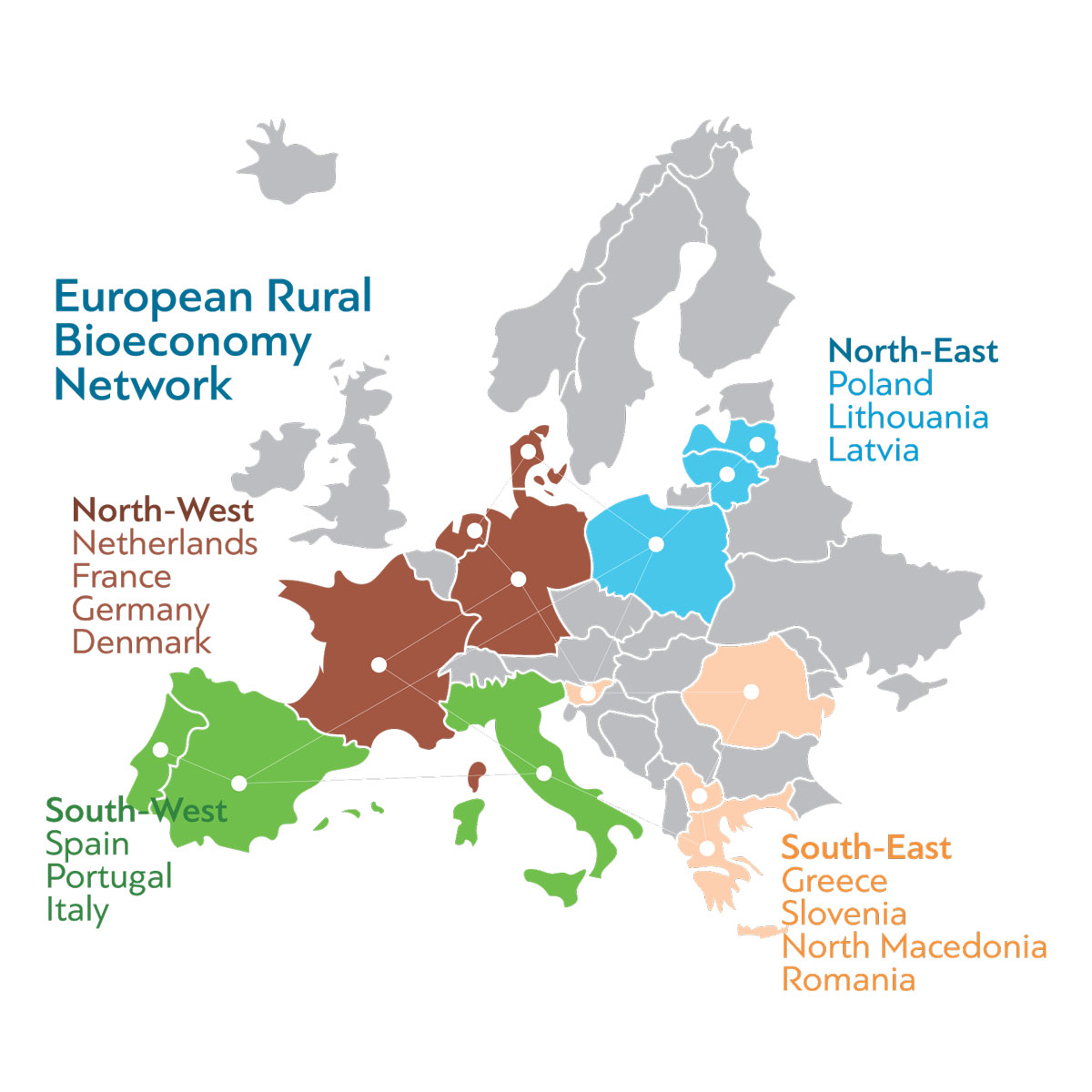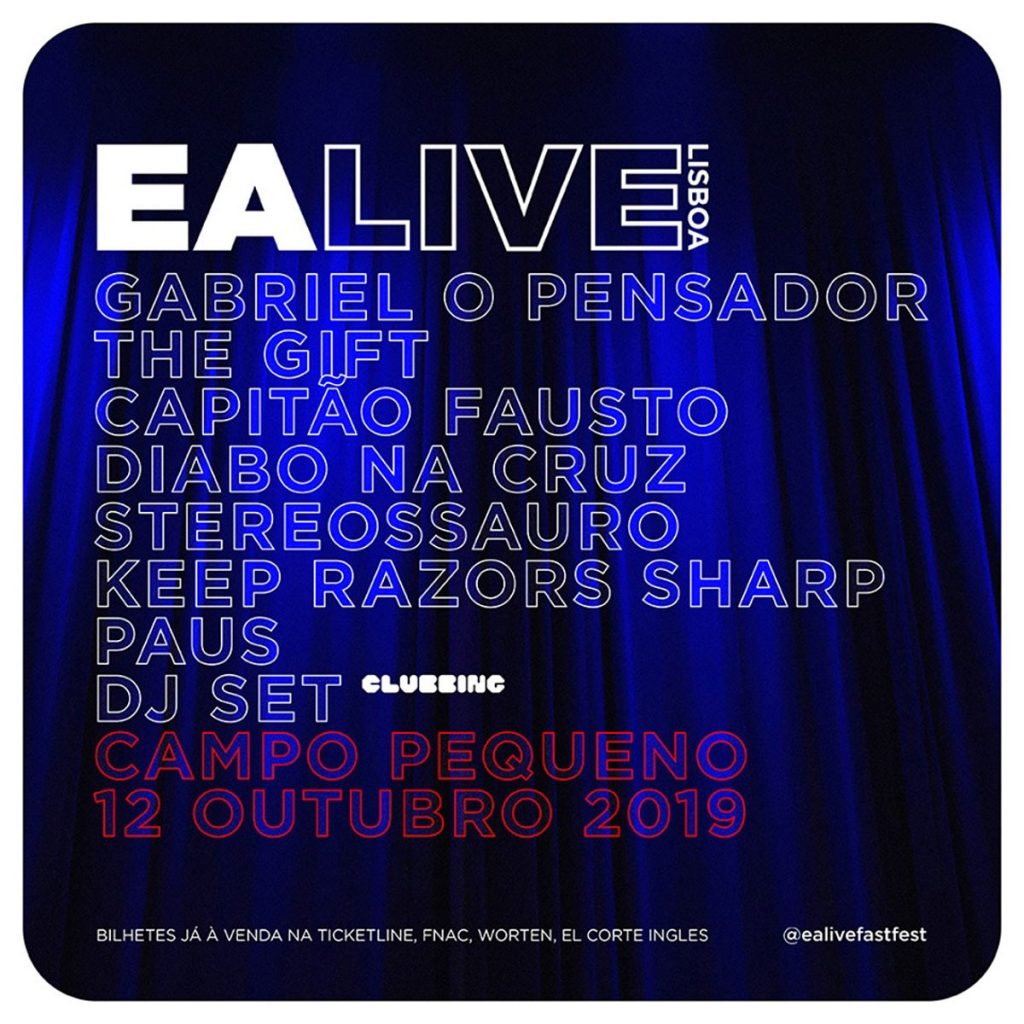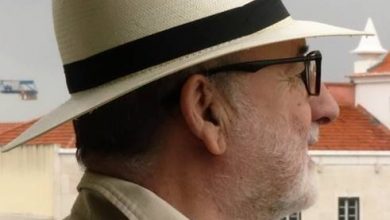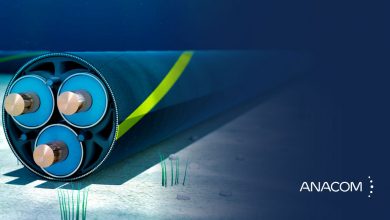Developing a framework to support the transition to a sustainable, regenerative and inclusive Circular Bioeconomy across Europe (EU) and supporting innovation agents in the introduction of small-scale biotechnology solutions in rural areas is the objective of the European BioRural project, in which a team from the Faculty of Science and Technology of the University of Coimbra (FCTUC) participates.
With an expected duration of three years and a budget of three million euros, financed by the European Union (EU), BioRural involves around two dozen partners from 14 different countries. José Baranda Ribeiro, professor at the Department of Mechanical Engineering (DEM) at FCTUC, and João Santos, PhD student, and researcher at DEM, are responsible for the project at the University of Coimbra (UC).
«Rural Europe urgently needs a paradigm shift», considers João Santos, a researcher at FCTUC, adding that, «with the migration of a growing number of people to urban centers in recent decades, the current demographic distribution is quite uneven, rural areas are inhabited by 30% of the European population even though they account for more than 80% of the territory».
«In addition, economic activity in the EU is largely dependent on linear production systems and non-renewable resources. Despite numerous attempts to reduce this dependence, the fact is that, for example, in 2018 alone, EU states produced 61.8 million tons of plastic», reveals José Baranda Ribeiro, professor at DEM.
The consequences of the combination of a linear economy with extensive urbanization have exacerbated some of the problems chronically felt by populations in rural areas, namely the high risk of poverty, limited access to services and basic infrastructure, and low levels of training, compared to with other areas of the EU.
In this sense, BioRural «aims to contribute to the resolution of these economic, demographic, and climate challenges through the development of an effective transition framework in promoting the adoption of inclusive solutions that will benefit all European rural areas», suggests the FCTUC team.
This project also intends to fill the gap between biotechnological innovation and the daily life of European citizens by encouraging the exchange of knowledge and identifying business opportunities for rural development.
«Deeply committed to the shift towards a Circular Bioeconomy, the recently started BioRural supports innovation agents to introduce their inclusive biotechnology solutions in rural areas of Europe, thus contributing to the awareness of populations and the creation of value», clarifies José Baranda Ribeiro, guaranteeing that «assessing the current state of the European rural Bioeconomy and identifying the barriers that affect the adoption of innovation is just the starting point».
According to those responsible for the project at FCTUC, this research exists to create and promote the conditions for cooperation between the various key players in the Bioeconomy chain, from farmers, fishermen, foresters, and rural entrepreneurs to broader groups, such as private companies, authorities local administrations, NGOs, schools, universities, and training centers. Taking advantage of activities such as dissemination actions, training actions, and others, with a strong impact on the various stakeholders, the BioRural project will make available to them the sources of knowledge currently available.
Specific and independent support will be provided to each of the participants, which can range from a simple consultancy to more or less in-depth guidance mentoring. «This support, which is intended to be much more than a wake-up call for people involved in rural activities such as farmers, will result in sustainable business models capable of accelerating the development of commercial products or services and, in this way, promoting the generalization of biotechnology solutions in Europe», concludes the DEM team.
The project includes partners from the following countries: Germany, Denmark, Slovenia, France, Greece, Italy, Latvia, Lithuania, Macedonia, the Netherlands, Poland, Portugal, and Romania. From Portugal, in addition to the University of Coimbra, the Center for Biomass and Energy (CBE) is also part of this consortium.
Always confirm with the concert hall or promoter the conditions of access, confirmation of the date or time, tickets place of sale, price, and availability.
Follow us on Facebook, Twitter, Instagram, Youtube, and TikTok and see the exclusive content for social networks.

